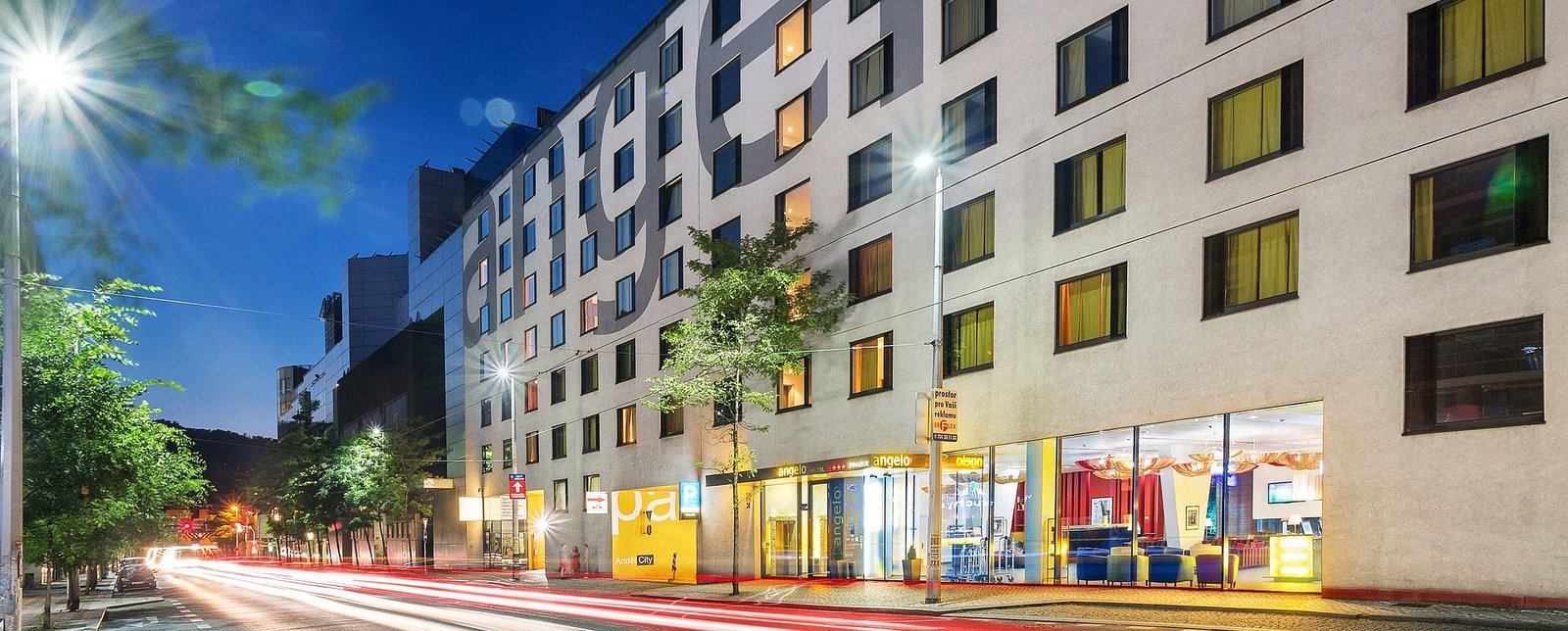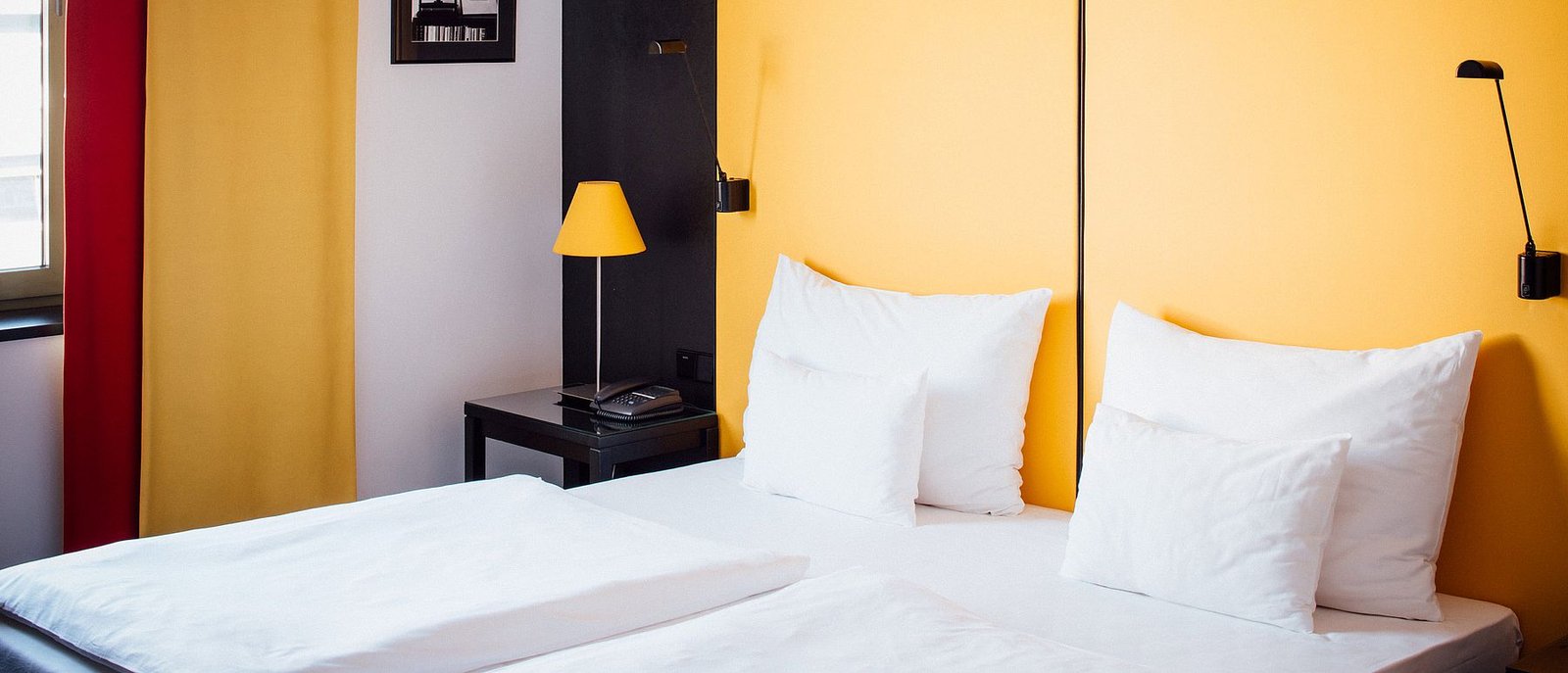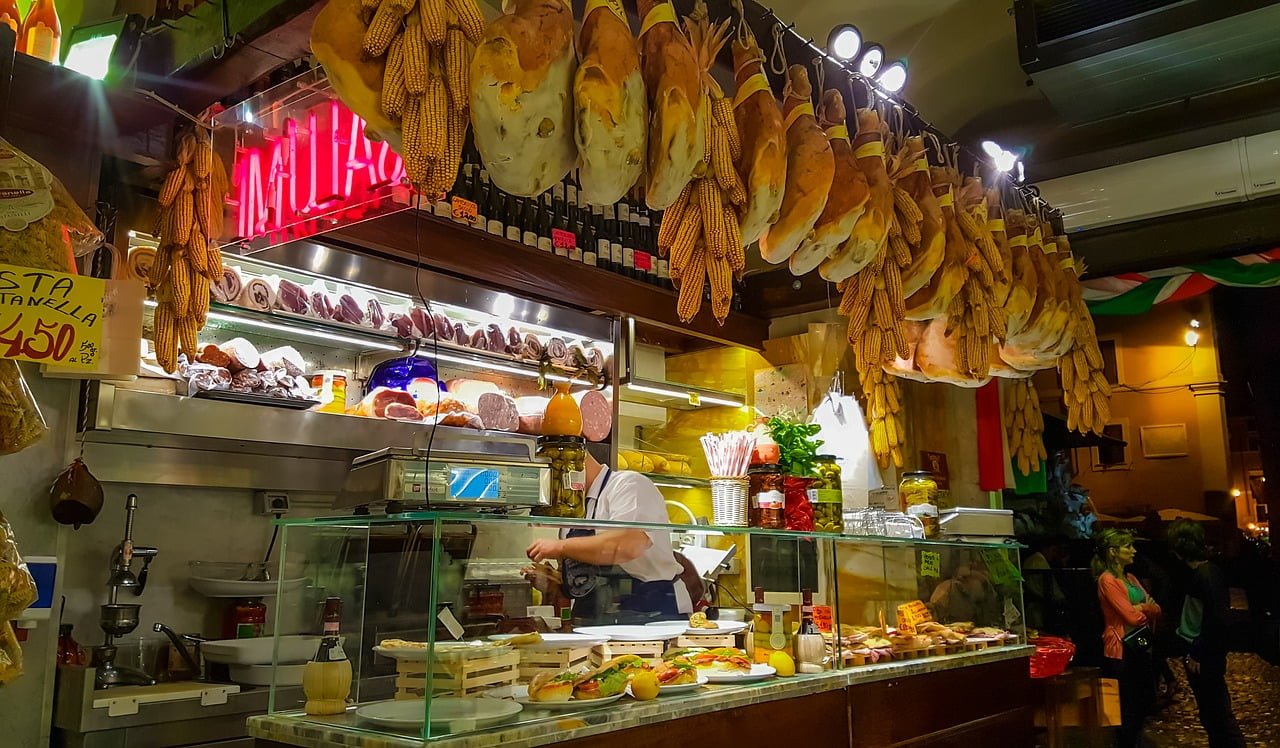
Progressive Connexions ~ Interdisciplinary Life
Interdisciplinary Research, Publishing and Explorations
2nd Global Conference
Food, Heritage and Community
An Inclusive Interdisciplinary Conference
Saturday 9th March 2019 – Sunday 10th March 2019
Prague, Czech Republic
Food and drink not only provide the nourishment that sustains life, they also serve as an anchor for identity by tethering human kind to a particular place in nature, culture, time and place. Food has long been the immigrant’s language for articulating a conflicted sense of identity, a diasporic community’s language for a conflicted sense of cultural heritage, and for a nation’s augmented conflict over notions of territories and boundaries. As recipes and rituals around dining and drinking practices are handed down from one generation to the next, they help to create a sense of connection to those who have come before us and those who will come after us. In a world shaped by migration, colonisation, trade and travel, shared experiences of food and drink not only tie us to a particular place (terroir), such as a homeland, but also support the development of new practices that reflect the comingling of different food and drink cultures, as well as the changing conditions of the socio-political and natural environment.
To study food and drink in the 21st century is to think about how the interplay between food, society and culture is influenced global as well as local factors on the production, distribution and consumption of food. Food and drink have shaped 21st society in myriad ways, including by supporting the hospitality, tourism and liquor industries, inspiring the obsession with cooking shows on television and cookbooks, generating interest in fad diets as a response to norms of body image, and influencing the architecture of dedicated spaces for eating and drinking. New technologies supporting crop development, food processing and mass production arguably make food and drink more accessible than they have ever been. The success of artisanal/boutique food and drink businesses indicates that smaller scale, traditional practices are still in demand, even if they are marketed toward more affluent consumers. However, the 21st century has also witnessed levels of economic austerity, environmental devastation, political instability and armed conflict that have had a significant impact on the supply of food and the capacity of individuals to feed themselves adequately.
In thinking about our relationship with food and drink, it is also important to think about the social cues and frameworks condition us to perceive consumption. This could take the form of considering how aspects of daily life condition us to adopt a particular diet, how our initial attitudes toward “our” food and “foreign” food are shaped, how an economic system might be structured to discourage food waste, make healthy foods more affordable and eliminate starvation, and how international action could be taken to limit the impact of food scarcity.
In recognition that the concepts of heritage, terroir (sense of place) and conflict offer valuable entry points for thinking about food and drink in the 21st century, this inclusive, inter-disciplinary gathering aims to foster engagement and shared learnings that extend beyond the conference itself.
Key Topics
Key topics, themes and issues for discussion may include, but are definitely not limited to:
- national cuisines as a manifestation of identity; the effect of globalization on food around the world; local food movements
- heritage as inclusion and exclusion; food and borders; food and migration; contested cultural ownership of heritage
- the business of food: appellation of origins and terroir; growing, selling, buying, distribution of heritage food; restaurants and the preservation and transformation of typical foods; the work of chefs and cooks; food education; professions related to food; brand management.
- food as performance: banquets in antiquity and contemporary times; eating out cultures; food, drink and music; food as art
- philosophies and aesthetics: food as embodied knowledge; taste and values; representational and expressive roles of food
- heritage and popular culture: food, drink and storytelling; heritage and typical food and drinks in literature, cinema, music, in the media (TV, film, news shows, talk shows, commercials); food bloggers and writers
- family and community heritage; family cookbooks; personal food memoirs; food in memory; intergenerational passage of knowledge.
- culinary tourism; travel guides; food and drink as gestures of hospitality; cosmopolitan consumptions.
- the places and spaces of heritage food; ethnographies and histories of restaurants; food trucks; street food events; museums and exhibitions.
- heritage food throughout history; food and wine in antiquity; changing values and morals; religious practices and symbolism
- heritage, sustainability and health: traditional diets and perceptions of health and illness; traditional agricultural practices and sustainability
Unlike other conferences or gatherings, our Event proposes to step outside the traditional conference setting and offer opportunities for independent scholars, academics, performers, chefs, historians, food buffs, writers, and connoisseurs to intermingle, providing platforms for interdisciplinary interactions that are fruitful and conducive to broadening horizons and sparking future projects, collaborations, and connections.
What to Send
The aim of this interdisciplinary conference and collaborative networking event is to bring people together and encourage creative conversations in the context of a variety of formats: papers, seminars, workshops, storytelling, performances, poster presentations, panels, q&a’s, roundtables etc.
300 word proposals, presentations, abstracts and other forms of contribution and participation should be submitted by Friday 12th October 2018. Other forms of participation should be discussed in advance with the Organising Chair.
All submissions will be minimally double reviewed, under anonymous (blind) conditions, by a global panel drawn from members of the Project Development Team and the Advisory Board. In practice our procedures usually entail that by the time a proposal is accepted, it will have been triple and quadruple reviewed.
You will be notified of the panel’s decision by Friday 26th October 2018
If your submission is accepted for the conference, a full draft of your contribution should be submitted by Friday 25th January 2019.
Abstracts and proposals may be in Word, PDF, RTF or Notepad formats with the following information and in this order:
a) author(s), b) affiliation as you would like it to appear in the programme, c) email address, d) title of proposal, e) body of proposal, f) up to 10 keywords.
E-mails should be entitled: Food and Heritage Submission
Where to Send
Abstracts should be submitted simultaneously to the Organising Chair and the Project Administrator:
Dr Elisa Ascione: eascione@umbra.org
Project Administrator: praguefood@www.progressiveconnexions.net
Details and Information
Registration Fees
The cost for attending the conference is £295/€335. This includes:
~ conference registration fee
~ book of Abstracts
~ a discounted rate for any of the outputs emerging from the event
~ Sunday coffee/tea on arrival
~ Sunday morning coffee and biscuits
~ Sunday lunch
~ Sunday afternoon tea and biscuits
~ Sunday evening wine and drinks reception
~ drinks in the conference room
~ Monday morning coffee and biscuits
~ Monday lunch
~ Monday afternoon tea and biscuits
~ drinks in the conference room
Calendar of time-lines and deadlines
Friday 31st May 2019
Abstract/Presentation submission
Friday 14th June 2019
Acceptance/Rejection notification
Friday 5th July 2019
Booking Form Submissions
by Friday 24th July 2019
Circulation of Draft Programme
Invoices issued
Friday 23rd August 2019
Final date for payment
Friday 13th September 2019
Circulation of Revised Programme
Full draft of presentation to be submitted
Monday 11th November 2019
Final programme to printing
The conference is being held at the Hotel Angelo, Prague
Radlicka 3216/1g. 15000 Prague +420 234 801 111
We have reserved rooms for delegates at the conference hotel on favourable terms and conditions. On having a proposal accepted for presentation at the conference, and on the completion and submission of a booking form, a special booking form will be sent to you along with instructions on how to use it in order to access these terms.
 Standard Room - Single Occupancy €85 per night including breakfast and all taxes
Standard Room - Single Occupancy €85 per night including breakfast and all taxes
Standard Room - Double/Twin Person Occupancy €95 per night including breakfast and all taxes
Details will be sent to delegates on how to access these rates once receipt of the booking form has been confirmed.
Accommodation bookings are made directly with the hotel, not Progressive Connexions. All payments for accommodation are made directly to the hotel as well. A credit card will be required on booking.
You are free to find alternative accommodation. We are offering these arrangements as a convenience to folks who would like to be at the conference venue.
The conferences, meetings and events we organise are not single ‘one-off’ events. They are part of a continual stream of conversations, activities and projects which grow and evolve in different directions. At the conclusion of every meeting, the question needs to be considered: What happens next? After all, there is little personal, educational or professional benefit in gathering people together from around the world and sharing all sorts of fascinating conversations if nothing further is going to happen as a result!
The possible ranges of ‘outputs’ which can productively flow from our meetings is a dynamic response to the dialogues, issues and engagements that take place during the events themselves. And as our meetings are attended by folks who come from different backgrounds, contexts, professions and vocations, what people would like to see developed as a result of our time spent together will always be potentially diverse, fluid and appropriate to what took place.
One range of possible outputs involves publication as a way of continuing the work of a project. Where publishing is a possibility, it is directly referenced in the Call for Papers, Presentations and Participation. Other possible outputs may include, but are not limited to:
~ social media platforms such as Facebook pages and groups, blogs, wikis, Twitter, as vehicles for continuing dialogues, disseminating knowledge and information and bringing new people into the work of the project
~ reviews; reports; policy statements; position papers/statements; declarations of principles
~ proposals for meetings, workshops, courses, schools
~ collaboration gateways, platforms and media
~ personal and professional development opportunities: faculty development; mentoring programmes; cultural cruises; consultancies; summer schools; personal enrichment programmes
The range of outputs is dependent on how little or how much you would like to become involved. Don’t let the end of the meeting signal the end of your involvement with the project. Please get involved, bounce ideas around, think out loud – we’d love to hear about what you’d like to do and are always happy to talk about what is possible.
Payment Process
Participants must complete the online booking form by Friday 5th July 2019 at the latest.
After the deadline has expired, an invoice will be drawn up and sent to you; the invoice will contain all the necessary information for you to pay by bank transfer, cheque, Paypal or credit card.
The invoice must be settled by Friday 23rd August 2019.
It is the responsibility of delegates to ensure that payment is made by this date. Failure to receive payment will result in your booking being cancelled.
Payment Methods
There are a number of ways payment can be made.
Cheque
Payment can be made by cheque, in GBP (£ sterling) only and must be drawn against a bank with headquarters in the United Kingdom. Cheques should be made payable to ‘Progressive Connexions’ and sent, with a copy of the booking form, to:
Dr Rob Fisher
Progressive Connexions
Priory House
149b Wroslyn Road
Freeland
Oxfordshire. OX29 8HR
United Kingdom
We regret we cannot and will not accept cheques made payable in currencies other than GBP Sterling.
Bank Transfer Payment may be made using bank transfer. There will be an option to pay in either GBP (£ Sterling) or Euro (€). Full details to enable a bank transfer are made available on your conference invoice. If paying by this method, you must agree to pay all charges at the sending and receiving banks.
By Invoice
You may request that an invoice be sent to you which you may forward to your institution. It is your responsibility to ensure that the invoice is paid before the payment deadline.
Online
Your invoice will include a link to pay through a secure and encrypted online payment system. Please click the link to use this method.
Credit Card
Payment may also be made using credit card. We cannot accept American Express or Discovery as a form of payment.
Paypal
Payment may also be made using Paypal. If paying by this method please send us the email account connected with your Paypal account and we will forward you a request for payment.
IMPORTANT
We strongly recommend that all delegates take out some form of travel or other insurance in relation to any and all travel arrangements or accommodation booked in regard to the conference. This should include cancellation insurance in the event of unforeseen or unexpected circumstances.
All fees are payable in advance. No delegate will be permitted entry to the conference if an invoice is still unpaid.
What’s so Special?
A fresh, friendly, dynamic format – at Progressive Connexions we are dedicated to breaking away from the stuffy, old-fashion conference formats, where endless presentations are read aloud off PowerPoints. We work to bring you an interactive format, where exchange of experience and information is alternated with captivating workshops, engaging debates and round tables, time set aside for getting to know each other and for discussing common future projects and initiatives, all in a warm, relaxed, egalitarian atmosphere.
A chance to network with international professionals – the beauty of our interdisciplinary events is that they bring together professionals from all over the world and from various fields of activity, all joined together by a shared passion. Not only will the exchange of experience, knowledge and stories be extremely valuable in itself, but we seek to create lasting, ever-growing communities around our projects, which will become a valuable resource for those belonging to them.
A chance to be part of constructing change – There is only one thing we love as much as promoting knowledge: promoting real, lasting social change by encouraging our participants to take collective action, under whichever form is most suited to their needs and expertise (policy proposals, measuring instruments, research projects, educational materials, etc.) We will support all such actions in the aftermath of the event as well, providing a platform for further discussions, advice from the experts on our Project Advisory Team and various other tools and intellectual resources, as needed.
An opportunity to discuss things that matter to you – Our events are not only about discussing how things work in the respective field, but also about how people work in that field – what are the struggles, problems and solutions professionals have found in their line of work, what are the areas where better communication among specialists is needed and how the interdisciplinary approach can help bridge those gaps and help provide answers to questions from specific areas of activity.
An unforgettable experience – When participating in a Progressive Connexions event, there is a good chance you will make some long-time friends. Our group sizes are intimate, our venues are comfortable and relaxing and our event locations are suited to the history and culture of the event.
Ethos
Progressive Connexions believes it is a mark of personal courtesy and professional respect to your colleagues that all delegates should attend for the full duration of the meeting. If you are unable to make this commitment, please do not submit an abstract or proposal for presentation.
Please note: Progressive Connexions is a not-for-profit network and we are not in a position to be able to assist with conference travel or subsistence, nor can we offer discounts off published rates and fees.
Progressive Connexions is a not-for-profit network inspiring inclusive interdisciplinary research, publishing and collaboration
Copyright © 2019 - Progressive Connexion
